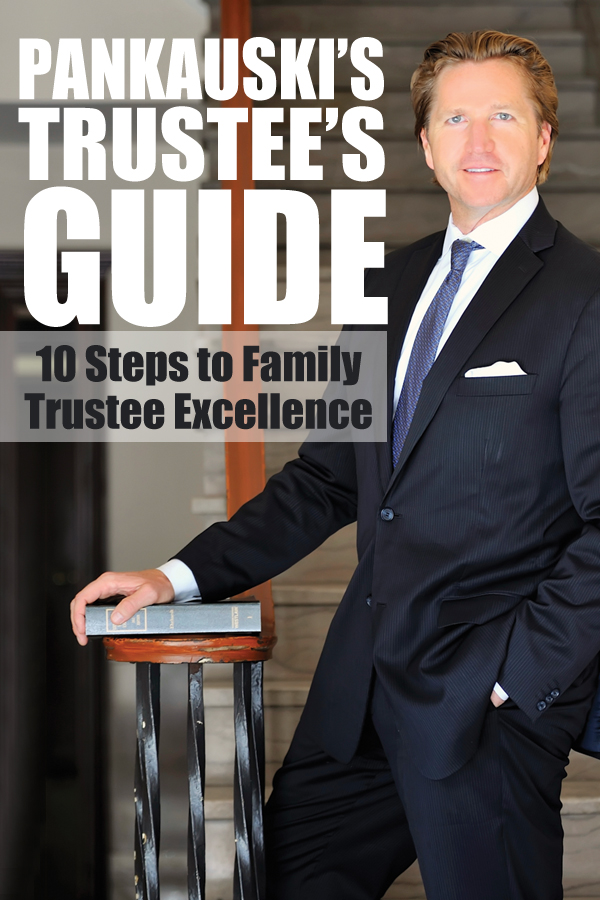
Lots of family members, or kin, expect to inherit when family members die. That’s understandable in some instances. But the truth is that how much kin inherit from a Florida estate actually depends on whether there is a valid will or not. Kin, or heirs, inherit if there is no valid will. They inherit from an intestate estate. We previously provided commentary about INHERITANCE RIGHTS of kin. Candidly, the word “kin” is not really used in Florida probate law. So, Florida Next of Kin law can really be thought of as Florida Intestacy Law. Florida Inheritance Law A valid will will be “probated” under the Florida Probate Code. If there is no valid will, then the Florida resident is said to have died “intestate.” Intestacy simply means that there is no will. Or, no valid will. In that circumstance, the Florida Laws of Intestacy tell you who inherits and how much. To know how much you may inherit, read Florida Probate Code 732.101- 732.111. The Florida Probate Code uses the word “Heirs.” See Florida Probate Code 731.201 (20) for the definition of Heirs for Florida inheritance purposes. “Heirs” inherit from an intestate estate. The word “Heirs” is defined in the Florida Probate Code HERE. Heirs or heirs at law means those persons, including the surviving spouse, who are entitled under the statutes of intestate succession to the property of a decedent. The word “kin” under Florida probate law, is really not used any more. What if there is a will […]








